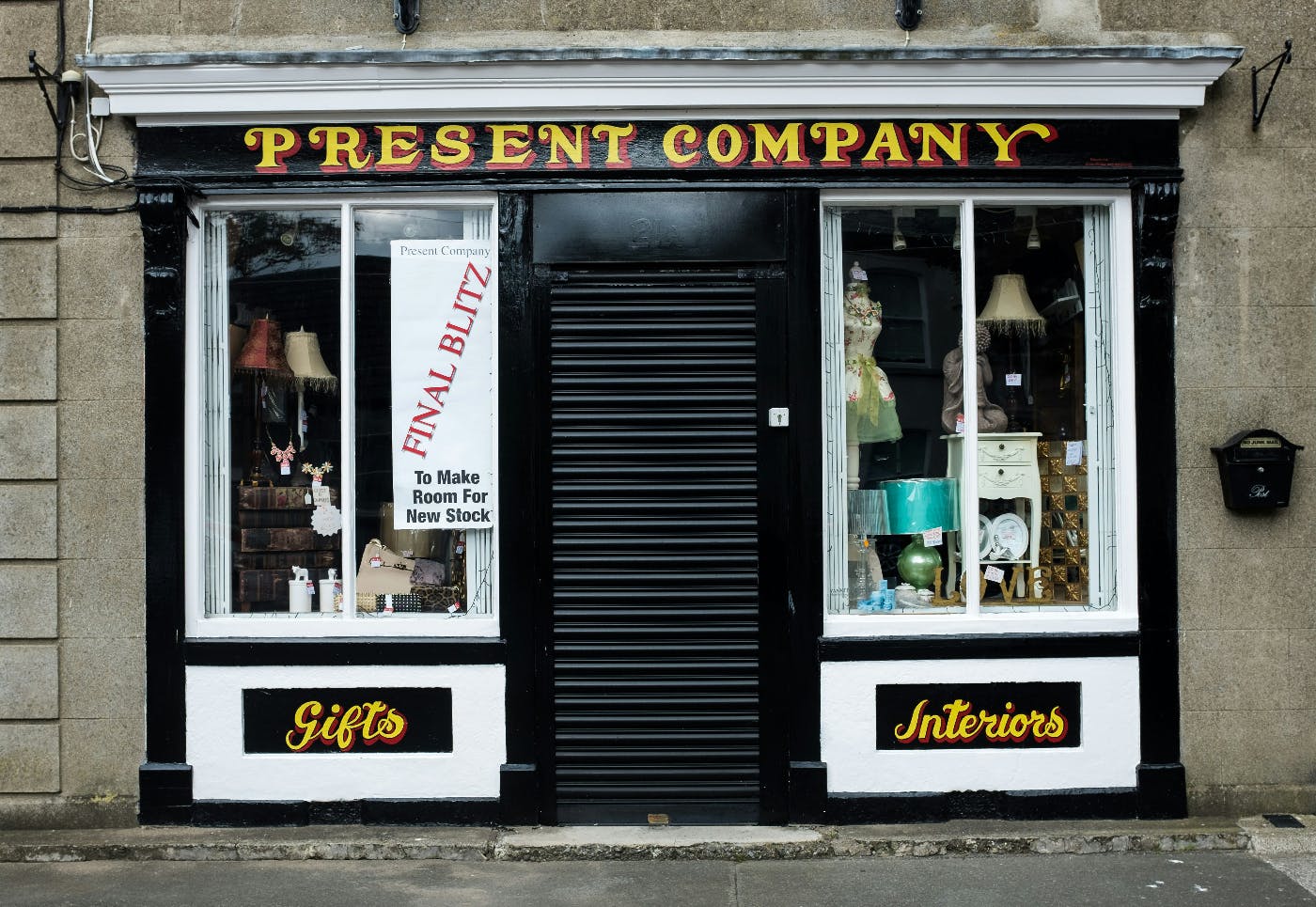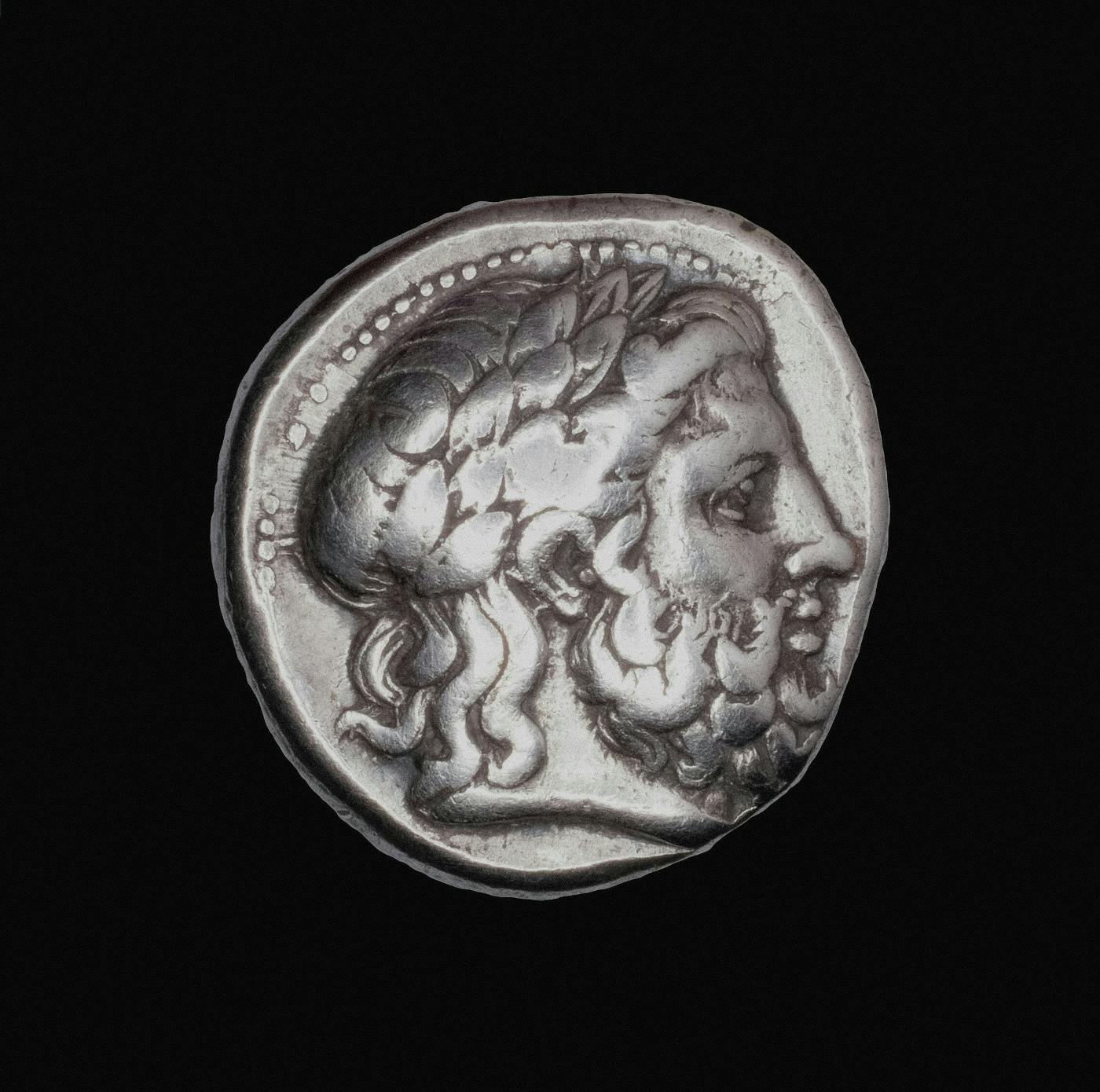
Being present means you’re not worrying about the next meeting or dwelling on an earlier mistake. Instead, you are fully engaged with the task at hand.
You deal with a lot as an actor. You must memorize lines and repeat blocking; if you’re doing classical work, you probably have a sword fight or two to handle during a show. On top of that, there’s the audience—the coughing, the fidgeting. Then, there are the unexpected: lighters not working, doors not opening, and other actors being late or dropping lines. There are a million things to think about, yet you can’t. You cannot think about any of it. After you’ve developed the character, memorized the lines, dressed in the costume, and become familiar with your props, your main job is to be present. Think only of what the character is thinking, want only what the character wants, and be that character in the right here and now. All of this is called being in the moment, and it’s no easy task for an actor when you consider all that is going on in a play.
It’s challenging and takes years of training to be entirely in the moment. Truth be told, you only achieve it in short bursts, which adds to the difficulty. Even in the thick of it, you have to be aware, on some level, of everything happening around you—whether it’s another actor, an off-stage chair that’s on fire, or a prop that’s missing. The roadblocks to being in the moment pile up. Yet, despite the obstacles, the most magical performances happen when actors manage to be fully present, creating moments of true connection with their fellow actors and the audience.
For the actor, there’s nothing like it. You stop reacting as yourself and respond as the character. You become fully present, immersed in the world of the play, detached from your own day-to-day concerns. For a brief period, you live another person’s life. It’s a magical experience, and the audience feels it, too. When actors are in the moment, the audience forgets they’re watching a play. They believe the reality on stage, experiencing the story in real time as if it were their own. This is the power of live theater.
But here’s the thing: this feeling, this drive to be in the moment, isn’t just for actors. We can work toward being in the moment in our daily lives. Doing so improves our personal and professional relationships and makes communication more precise and effective. In this blog, we’ll explore how being in the moment can enhance our professional lives and our personal relationships, offering a pathway to greater connection, productivity, and fulfillment.

The Power of Presence in Work
Improved Focus and Productivity
In the fast-paced world of work, multitasking has become a prized skill. We juggle emails, meetings, tasks, and deadlines, believing that handling several things at once makes us more efficient. But in truth, multitasking scatters our attention and reduces the quality of our work. Studies have shown that when we switch between tasks, it takes longer to complete each one and increases the chances of making mistakes. Being in the moment, on the other hand, encourages deep focus. When we give our full attention to a single task, we become more efficient and produce higher-quality work.
Being present means you’re not worrying about the next meeting or dwelling on an earlier mistake. Instead, you are fully engaged with the task at hand. For example, if you’re writing a report, being in the moment helps you think critically, notice details you might otherwise miss, and express your thoughts clearly. You’re also more likely to finish tasks more quickly, as you’re not interrupting yourself by checking emails or scrolling through social media.
In a work setting, the power of presence translates into higher productivity and a greater sense of accomplishment. When you complete a task with full focus, you’re not only working more efficiently, but you’re also improving the quality of the work itself.
Reduced Stress
Stress in the workplace is often the result of feeling overwhelmed by all that needs to be done. We think about future deadlines, past mistakes, and everything that could go wrong. This is where being in the moment can make a real difference. When you practice presence, you focus on the immediate task and let go of the broader worries.
Think of it as a mental decluttering. By narrowing your attention to the task in front of you, you can reduce the mental noise that often leads to anxiety. This doesn’t mean ignoring future concerns but rather addressing them one step at a time, giving each its due attention. In this way, you prevent yourself from becoming overwhelmed by the sheer volume of things on your to-do list.
Increased Creativity and Problem-Solving
Work often requires creativity and quick thinking, especially when things don’t go as planned. Just like actors who must react to the unexpected during a performance, professionals who are present can adapt more quickly to unforeseen challenges. Being in the moment allows for a greater sense of flexibility and creativity, as you’re not bogged down by distractions or rigid expectations.
When you’re fully present, you’re more attuned to what’s happening around you. This heightened awareness can lead to innovative solutions and ideas that might not emerge if your mind is divided between the present and the future. Being in the moment also encourages collaboration, as it makes you more open to others’ ideas and contributions.
Strengthening Relationships in Business
Active Listening
One of the most powerful ways to be in the moment is through active listening, which plays a crucial role in professional relationships. How often have you been in a meeting or conversation only to find your mind wandering to the next item on your agenda? When we fail to listen actively, we miss out on valuable insights and might even give the impression that we’re not interested or engaged.
Active listening means giving your full attention to the person speaking and being genuinely curious about what they have to say. It involves not only hearing the words but also understanding the underlying emotions and intentions. By staying present in conversations, you foster clearer communication and reduce misunderstandings. In business, this can lead to stronger working relationships, more effective collaboration, and better results overall.
Building Trust
Trust is the cornerstone of any successful professional relationship, and trust is built when people feel seen, heard, and valued. When you’re fully present with a colleague or client, you show them that you respect their time and input. This builds rapport and strengthens the professional bond.
For instance, being fully present in a negotiation or meeting allows you to pick up on subtle cues—such as tone of voice or body language—that might indicate someone’s true concerns or intentions. By addressing these in real time, you create a space of trust where people feel safe to be honest and direct. This openness leads to more productive discussions and better outcomes for everyone involved.
Fostering Collaboration
In collaborative environments, presence fosters patience, empathy, and respect for others’ perspectives. When we’re distracted, we might rush through meetings or overlook key ideas from team members. On the other hand, being in the moment allows us to fully engage with our team, understanding their input and building on their ideas.
When everyone on a team is present, collaboration becomes smoother and more effective. There’s less room for miscommunication or frustration and more space for creativity and problem-solving. Presence encourages a shared sense of purpose, making everyone feel like a valued contributor to the project’s success.

The Impact on Personal Relationships
Enhancing Emotional Connections
In our personal lives, being in the moment has profound effects on the quality of our relationships. Whether with family, friends, or romantic partners, being present means giving the other person your full attention. In today’s digital age, it’s all too easy to let distractions like phones or social media intrude on personal interactions. But when we are truly present with someone, we show them that we value their company and what they have to say.
When we’re in the moment, we become better listeners, which in turn fosters deeper emotional connections. In conversations, we can pick up on emotional cues and respond more empathetically, creating a space where the other person feels understood and supported. This kind of connection is the foundation of strong, healthy relationships.
Resolving Conflicts
Disagreements are a natural part of any relationship, but being in the moment can help resolve conflicts more effectively. Often, conflicts escalate because one or both parties are not fully present. We might be distracted by past grievances or future fears, which prevents us from addressing the real issue at hand.
By staying present during a conflict, you can respond to the situation as it unfolds rather than reacting based on past frustrations. This makes it easier to communicate clearly and find a resolution that works for both parties. Being in the moment allows for more honest and open dialogue, which is crucial to resolving conflicts and moving forward in a positive way.
Mindful Parenting and Friendship
Just as actors must listen and respond authentically on stage, being present in personal relationships means responding to the needs of loved ones with genuine care and attention. Whether it’s with your children, friends, or partners, being fully engaged in the moment strengthens the bond between you.
For parents, being in the moment means giving their children undivided attention during playtime or conversations. This not only enhances your connection but also models mindfulness for your kids. In friendships, presence allows for more meaningful interactions where both parties feel valued and understood.
Practical Steps to Be More Present
Mindfulness Practices
The practice of being in the moment doesn’t happen overnight—it’s something we can cultivate through mindfulness. Simple exercises like meditation, deep breathing, or even mindful walking can help train the mind to stay focused on the present.
Mindfulness is about being aware of your thoughts, emotions, and surroundings without judgment. By regularly practicing mindfulness, you can develop the ability to stay present in daily life, even when distractions arise.
Eliminate Distractions
In our hyper-connected world, distractions are everywhere. To be in the moment, we need to consciously eliminate these distractions. This might mean putting your phone on “Do Not Disturb” during meetings, turning off notifications during work hours, or creating technology-free time during meals with family and friends.
Small steps like these can make a big difference in your ability to stay present, allowing you to focus fully on the task or person in front of you.
Active Engagement
Finally, one of the most practical ways to be more present is by actively engaging with the people around you. In conversations, practice active listening by repeating back what the other person says to ensure understanding. Take a moment before responding, allowing yourself time to process their words.
By making the conscious effort to engage actively, you’ll find that your relationships—both personal and professional—become richer and more fulfilling.
Summing Up
Just as actors must train themselves to be in the moment on stage, we can all work on being more present in our everyday lives. The benefits are profound: greater focus and productivity at work, deeper and more trusting relationships, and a richer, more fulfilling personal life. When we learn to live in the moment, we free ourselves from the distractions of the past and future, allowing us to experience life—and the people in it—fully and authentically.
Being in the moment is a practice, but it pays off in every area of our lives, whether we’re at work, at home, or anywhere in between. So the next time you find yourself drifting, remember the power of presence and bring yourself back to the moment.

